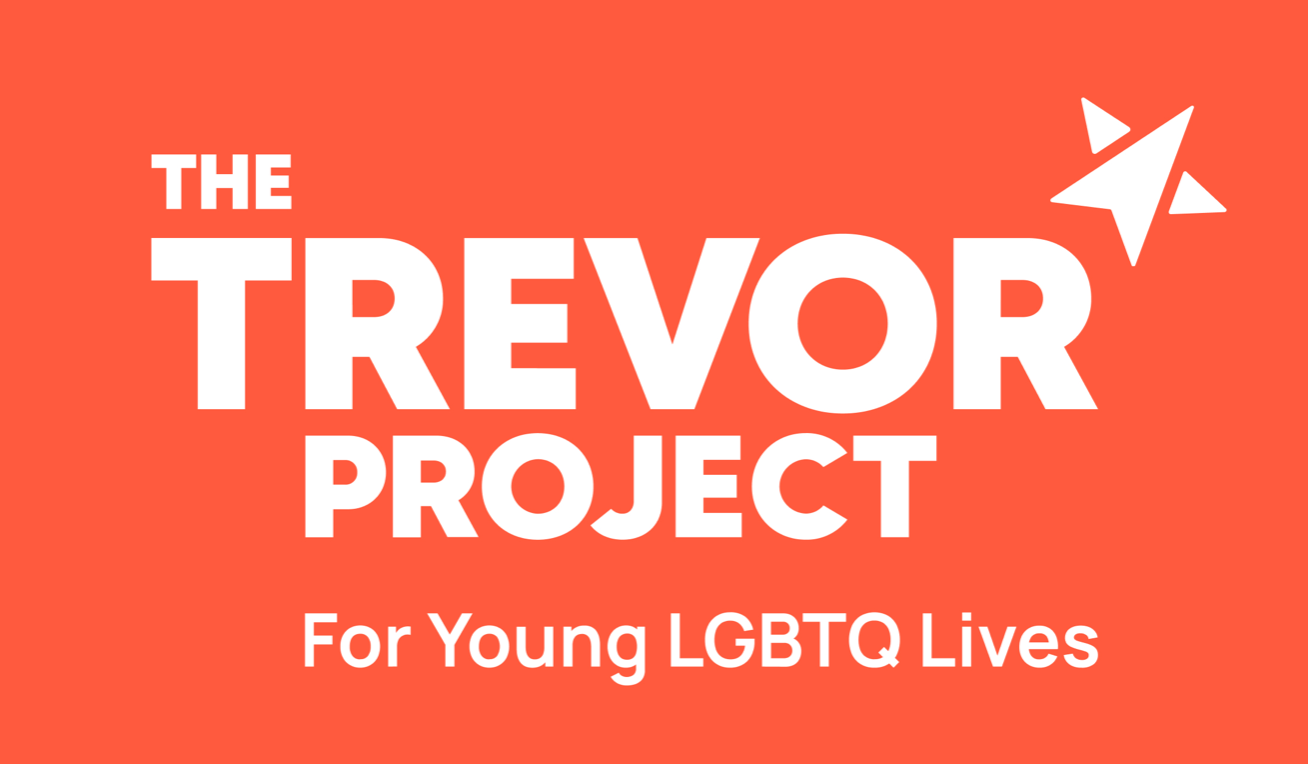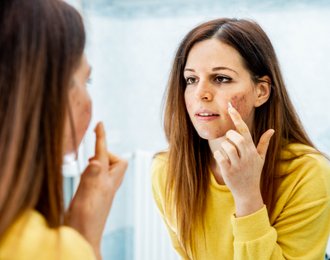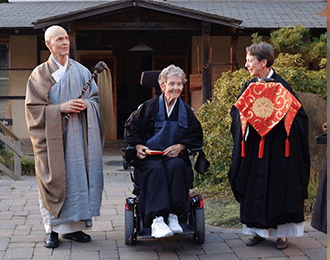National Survey on LGBTQ Youth Mental Health

The past year has been incredibly difficult for so many, but we also know that lesbian, gay, bisexual, transgender, queer and questioning (LGBTQ) youth have faced unique challenges. The Trevor Project’s 2021 National Survey on LGBTQ Youth Mental Health sheds light on many of these challenges by capturing the experiences of nearly 35,000 LGBTQ youth ages 13–24 across the United States.
Our third annual survey provides brand new data on the impacts of the COVID-19 pandemic, mental health care disparities, discrimination, food insecurity, conversion therapy, and suicide — in addition to the benefits of LGBTQ-affirming spaces and respecting the pronouns of transgender and nonbinary youth.
We are also proud that this sample is our most diverse yet, with 45% being LGBTQ youth of color and 38% being transgender or nonbinary.
Among some of the key findings of the survey:
- 42% of LGBTQ youth seriously considered attempting suicide in the past year, including more than half of transgender and nonbinary youth.
- 12% of white youth attempted suicide compared to 31% of Native/Indigenous youth, 21% of Black youth, 21% of multiracial youth, 18% of Latinx youth, and 12% of Asian/Pacific Islander youth.
- 94% of LGBTQ youth reported that recent politics negatively impacted their mental health.
- More than 80% of LGBTQ youth stated that COVID-19 made their living situation more stressful — and only 1 in 3 LGBTQ youth found their home to be LGBTQ-affirming.
- 70% of LGBTQ youth stated that their mental health was “poor” most of the time or always during COVID-19.
- 75% of LGBTQ youth reported that they had experienced discrimination based on their sexual orientation or gender identity at least once in their lifetime.
- Half of all LGBTQ youth of color reported discrimination based on their race/ethnicity in the past year, including 67% of Black LGBTQ youth and 60% of Asian/Pacific Islander LGBTQ youth.
- 13% of LGBTQ youth reported being subjected to conversion therapy, with 83% reporting it occurred when they were under age 18.
- Transgender and nonbinary youth who reported having pronouns respected by all of the people they lived with attempted suicide at half the rate of those who did not have their pronouns respected by anyone with whom they lived.
- Transgender and nonbinary youth who were able to change their name and/or gender marker on legal documents, such as driver’s licenses and birth certificates, reported lower rates of attempting suicide.
- LGBTQ youth who had access to spaces that affirmed their sexual orientation and gender identity reported lower rates of attempting suicide.
- An overwhelming majority of LGBTQ youth said that social media has both positive (96%) and negative (88%) impacts on their mental health and well-being.
This data underscores many of the serious challenges experienced by LGBTQ youth over the last year and should serve as an urgent call to action. But it also speaks to the diversity and resiliency of LGBTQ youth and provides valuable insights into their everyday sources of strength and positivity.
Over the next year, The Trevor Project will release new data from this national survey sample in the form of monthly research briefs and quarterly reports related to LGBTQ youth mental health and suicide prevention.
This report is also available in a downloadable PDF here. For 2020 National Survey, click here.





